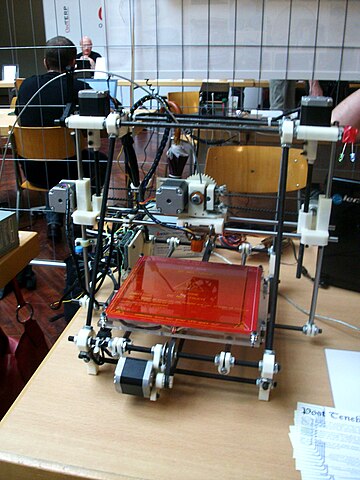Copyright’s wrongs

It has been mooted for several years that the development of the internet and online technologies will have an even greater impetus than the development of the printing press and movable type.
Gutenberg’s original work has in the internet era inspired the work of Project Gutenberg. I’ve written of Project Gutenberg before (posts passim). Project Gutenberg is the first and largest single collection of free electronic books or ebooks. The late Michael Hart, founder of Project Gutenberg, invented ebooks in 1971. Project Gutenberg’s ebooks are public domain, i.e. the copyright on the original works has expired, at least in the U.S.A., the jurisdiction to which Project Gutenberg is subject. Project Gutenberg has various sister projects, e.g. in Germany, Canada and Australia, which also publish books in the public domain subject to the terms of copyright legislation in their respective countries.
Copyright has a history that extends almost as far back as Gutenberg’s press. As a legal concept, its origins in Britain were from a reaction to printers’ monopolies at the beginning of the 18th century. Charles II was concerned by the unregulated copying of books and passed the Licensing of the Press Act 1662 by Act of Parliament,which established a register of licensed books and required a copy to be deposited with the Stationers’ Company, essentially continuing the licensing of material that had long been in effect. The first actual implementation of copyright as it is known today was the Statute of Anne (full title: “An Act for the Encouragement of Learning, by Vesting the Copies of Printed Books in the Authors or Purchasers of such Copies, during the Times therein mentioned.” Ed.), enacted in 1710. Under this statute copyright was limited to a term of 14 years.

The internet drives a coach and horses through differences in the length of copyright terms enshrined in national copyright legislation: if I so wanted I could freely download public domain copies of Orwell’s works from the Gutenberg sites in Australia or Canada to my hard drive in the UK; and I doubt very much whether those sites would stop me by blocking my IP address.
As the internet is such a great leveller, perhaps the best way forward is to implement changes to copyright terms so as to harmonise them at a consistent number of years. Whilst previous adjustments have been upwards (much to the benefit of major media corporations, such as those churning out Hollywood’s fantasy world/world view), a move in the opposite direction might be appropriate now. What would be so wrong with a maximum worldwide copyright term of 50 years? Wouldn’t that be long enough to make money off one’s created work? After all, other intellectual property rights have far shorter terms than copyright. For instance, the term of protection for a patent – another (and in my opinion more important) intellectual property right – is generally twenty years, whilst trade marks – so vital for commerce – are normally registered for a (renewable) term of ten years.







